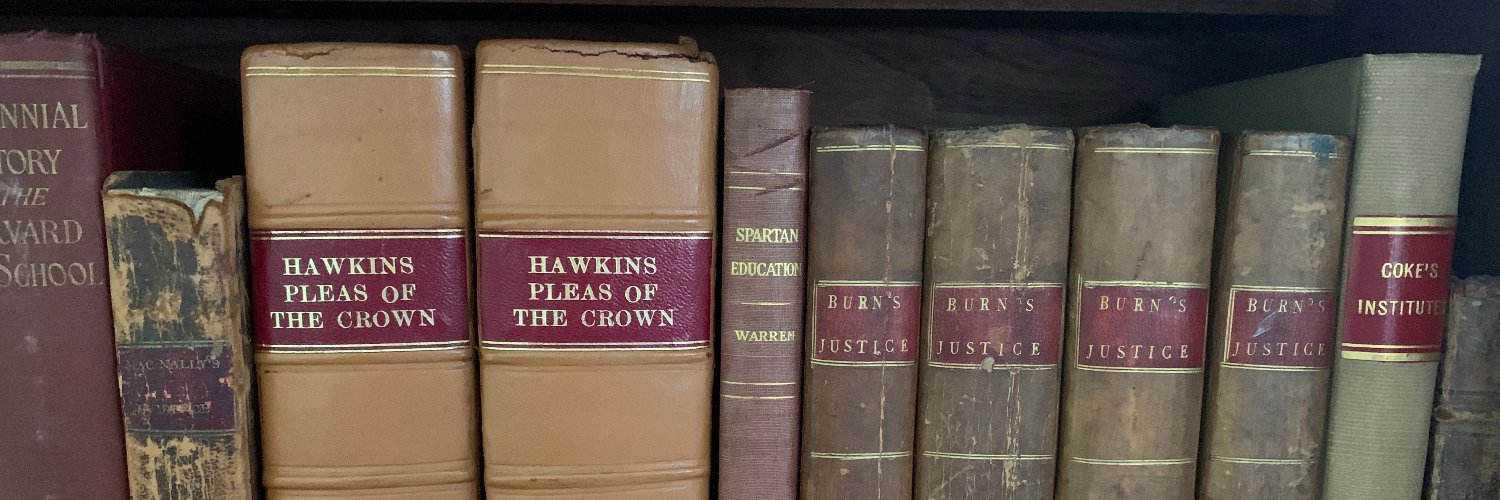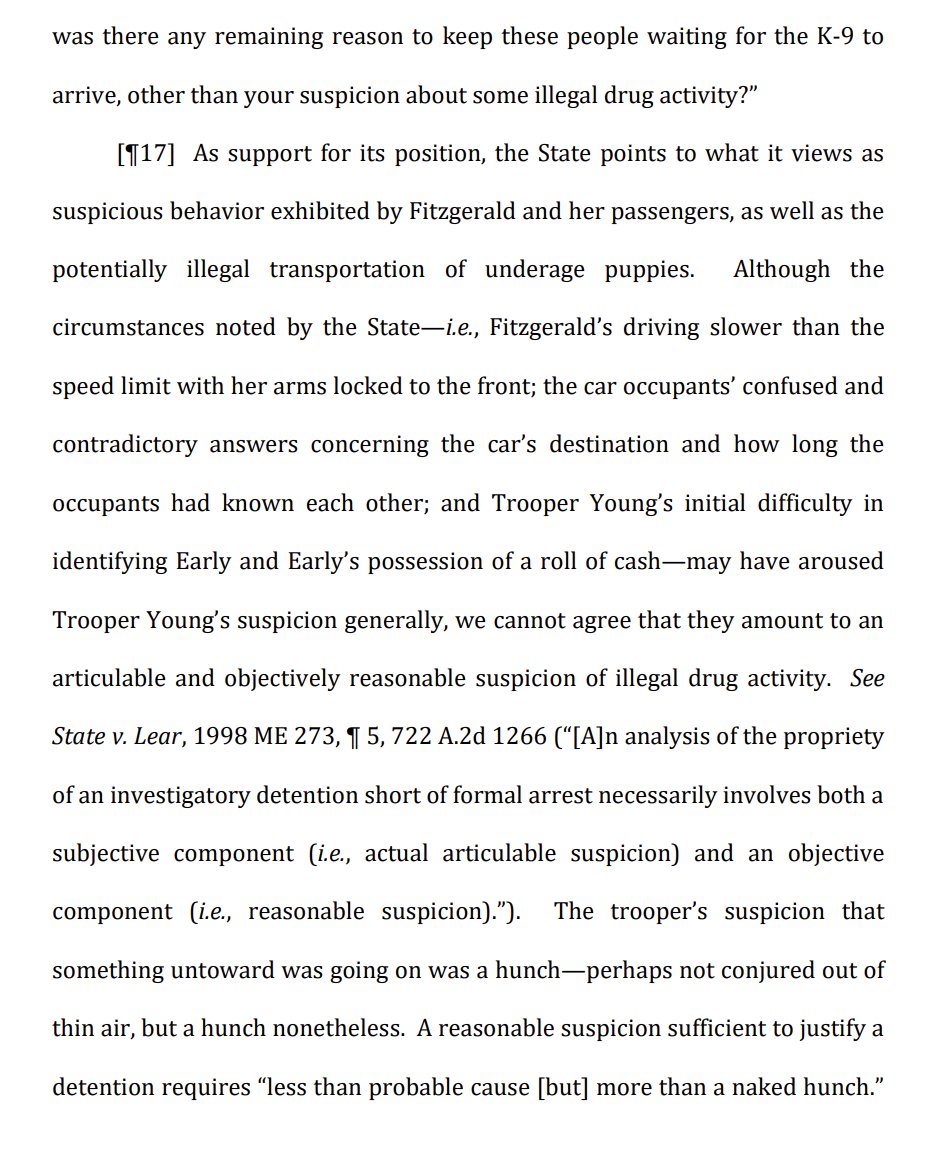
Orin Kerr
@OrinKerr
Professor, Stanford Law School. Author, The Digital 4th Amendment: https://www.amazon.com/Digital-Fourth-Amendment-Privacy-Policing/dp/0190627077
You too can get hooked on "The Digital Fourth Amendment"! Free one-hour audiobook preview: youtube.com/watch?v=iscEI1… Order the book: amazon.com/Digital-Fourth…

The latest emergency docket ruling from SCOTUS. supremecourt.gov/opinions/24pdf…




🧵Cat in the Hat Chuck Mangione, a sincere musician and sweet guy, has died at age 84. It's hard to communciate to those who weren't around in 1978 just how pervasive he and his crossover hit "Feels So Good" were in the culture.
Missed opportunity to detail why finding two little puppies in a car does not justify a law enforcement stop to investigate "the potentially illegal transportation of underage puppies" storage.courtlistener.com/pdf/2025/07/24…

Officer stops car for traffic violation. Several people in the car, & they're all acting suspiciously. Cop holds car for drug detection dog, which alerts; drugs found. Maine SCT: Suppress the drugs. Officer lacked reas suspicion to continue stop. storage.courtlistener.com/pdf/2025/07/24… #N




When did America have the happiest families, the best music, the most close-knit communities, and the most moral society? In the view of most people, it's probably about when they were 10-20 years old. (This story is from last year, but it's worth linking to it again.)…

I just deleted a thread I posted as I realized there was a persuasive answer I hadn't thought of—that the solution was in the last antecedent rule, not really a question of legislative history. I think the last antecedent rule answer pretty much makes my question something that…
The deal between Trump and Columbia University is here, via @sfmcguire79. president.columbia.edu/sites/default/…

There wasn't space for this chart in my Atlantic article on prisons, but these astounding data make clear why the prison population will shrink over the next decade.
DOJ is struggling to persuade grand juries in Los Angeles that there is probable cause to indict in protest cases, LAT reports. latimes.com/california/sto…

An interesting answer.
So when the U.S. Supreme Court rules in the preliminary injunction stage that a party is "likely" to prevail on the merits, that's pretty much just a merits ruling, right? I mean, it's the Supreme Court ruling, there's not a lot of speculation about what happens later.
I think -- am I wrong? -- that this sentence (from the just-announced Trump v. Wilcox) is the most extensive and important explanation for how and why Supreme Court interim orders are vertically "binding": "Although our interim orders are not conclusive as to the merits, they…
Screenshotting the summaries, in case these unusually timely new essays are of interest.
SLR Online Special Symposium Essays are now available on our website! We have 8 Essays about executive actions, constitutional boundaries, and the rule of law in Trump II. stanfordlawreview.org/online/
Essential reading.
Last fall, the editors of the Harvard Law Review invited me to write the Foreword for this year's Supreme Court issue. My working draft is below, and comments are most welcome. papers.ssrn.com/sol3/papers.cf…
Defendant had a constitutional right not to consent to a search of his phone, so the court can't use his refusal to consent as an aggravating factor to increase his sentence following conviction, Ohio state appellate court rules. (h/t @JohnWesleyHall) supremecourt.ohio.gov/rod/docs/pdf/6… #N

Another psychology replication test dud: The presence of a weapon at the scene of a crime does not distort eyewitness memory after all. [In eyewitness testimony, the weapon focus effect describes the phenomenon where a witness's attention is disproportionately drawn to a…